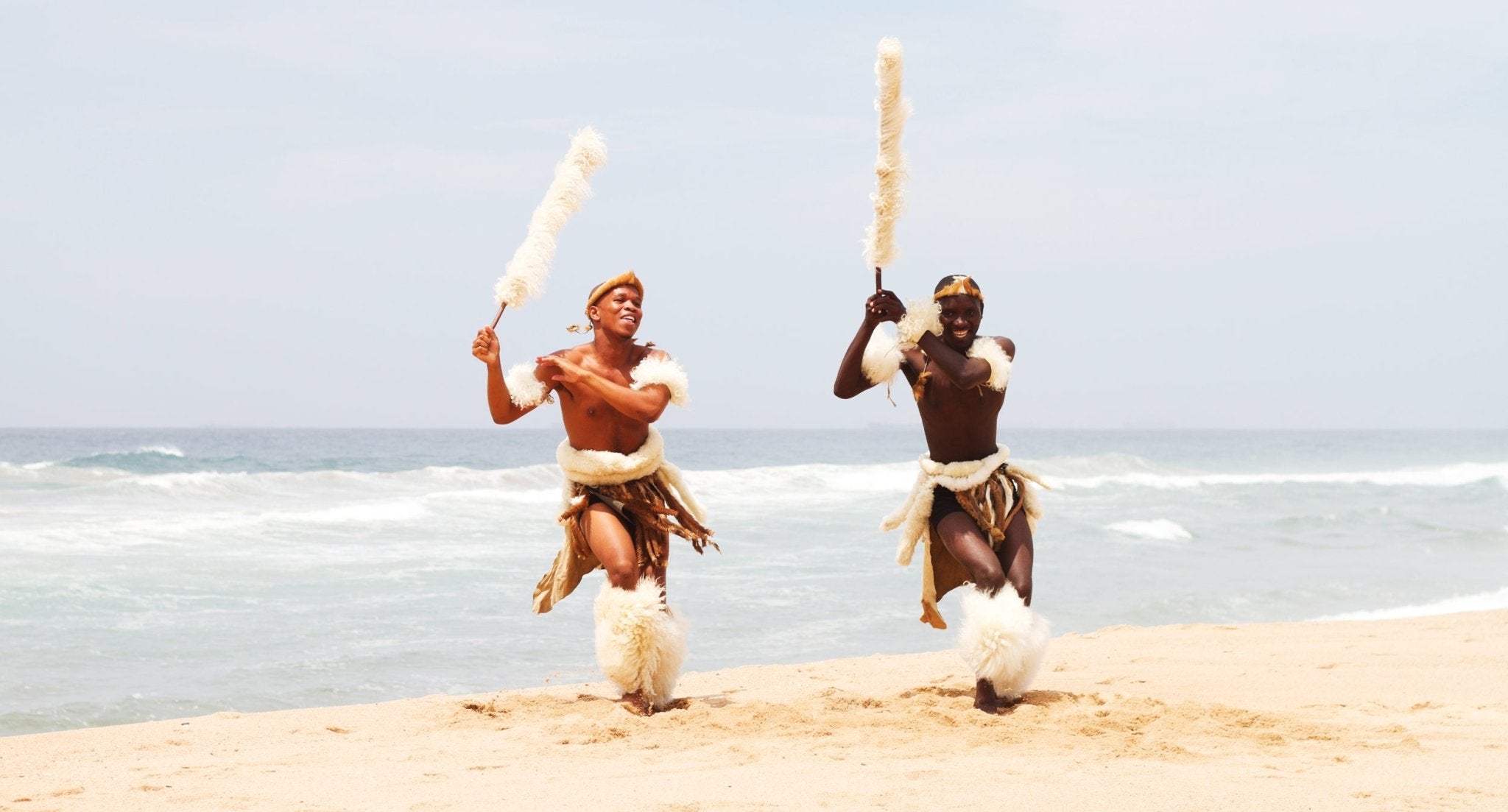Article: Weaving Culture into Cloth

Weaving Culture into Cloth
In southern Africa, traditional clothing serves more than just aesthetic purposes; it is a symbol of heritage that connects communities together. From brightly colored fabrics to intricate beadwork jewelry, these garments highlight centuries-old techniques that have been refined over time. Despite Western influences making their way into modern-day fashion trends across Africa, many individuals still value their traditional attire as part of their cultural inheritance.
Diving deep into African culture reveals an incredible history surrounding traditional clothing styles shown by different groups of people throughout various periods. With elements like geography, religion, culture, traditions as well as climate dictating fashion trends in Africa's southern region - most notably amongst Southern Bantu populations - we see varying types of attire that highlight individual beliefs while suitable for local conditions. From brightly colored suits with symbolic beading to airy wrap skirts elegantly designed to keep cool under tough climates, every outfit echoes a unique narrative.
Have you ever considered that your clothes can represent something greater than yourself? Southern Africans have long embraced this idea through their use of traditional clothing. For them, wearing such attire is an act of love towards ancestors passed on – think wool blankets draped over shoulders or beaded necklaces reminiscent of familiar markings – as well as recognition of centuries-old customs ingrained deep within different cultures across the region.
Through its abundance shapes colors textures all wrapped into one garment each piece stands to represent traditions kept by each respective community. Step into southern Africa and uncover the stories woven into each garment. From the bold shweshwe prints of the Xhosa to the intricate beadwork of the Basotho, traditional clothing carries with it a history that speaks to every stitch.
Take a journey through time with each piece, reflecting on the communities and cultures that created them. Indeed, in this region, such garments transcend mere practicality as they serve as a constant reminder of cultural heritage.

